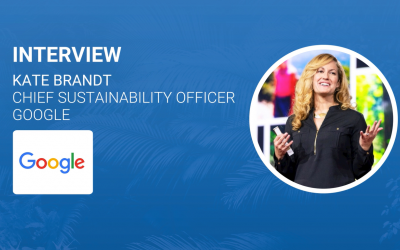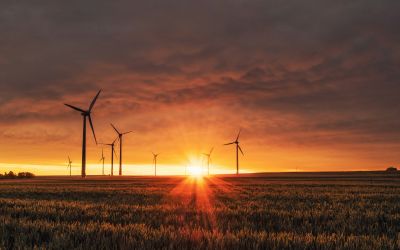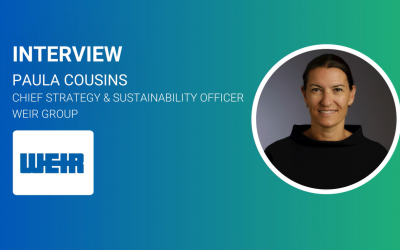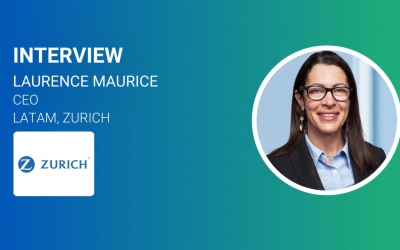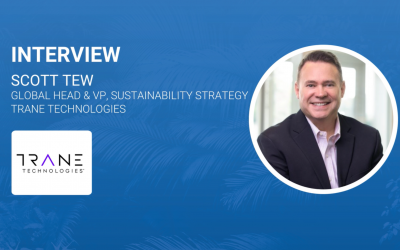Heidi Asten on how the pandemic has changed the global approach to sustainability.
After the Sustainable Innovation Forum 2021, Climate Action caught up with Heidi Asten, Partner at Herbert Smith Freehills, to discuss how the pandemic has changed the global approach to sustainability.
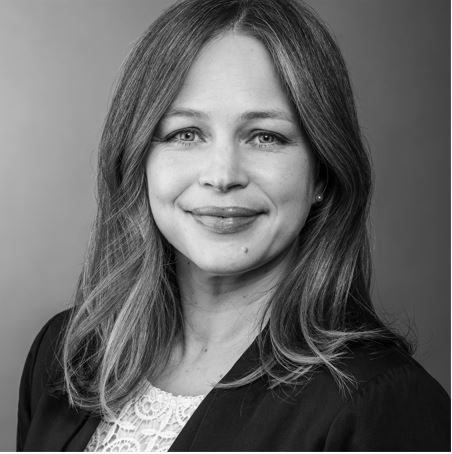
After the Sustainable Innovation Forum 2021, Climate Action caught up with Heidi Asten, Partner at Herbert Smith Freehills to discuss how the pandemic has changed the global approach to sustainability.
Please can you tell us a bit more about your background Heidi, and your role at Herbert Smith Freehills?
I am a specialist environmental lawyer, based in Australia and part of Herbert Smith Freehills’ multi-disciplinary and global climate change and ESG team. During the course of my career environmental issues have moved from sometimes being perceived as activist or localised, to becoming understood as critical to financial prospects as well as social value. Local developments in climate and environmental law often influence developments in other jurisdictions. Our global team works well together across environmental, corporate, litigation and project delivery specialists to share insight and experience helping clients to understand and proactively respond to developments and opportunities.
How in your role do you engage with climate change? Are there any exciting projects you’re currently working on that you could tell us about? (case studies would be great!)
We work with clients at all stages of their response to climate change risk. For example, we assist clients setting emissions reduction targets to do this in a robust way, to communicate this to their stakeholders in line with applicable regulatory requirements and disclosure obligations, and to take the actions necessary to deliver on their targets. We advise on project approvals, response to challenges to project approvals, complying with conditions, offsetting and reporting. Our role means we regularly engage with key regulators and so we bring that practical experience to our advice on strategic thinking.
What other sustainability challenges do you think should be higher up the global agenda? Have you seen changes to the way your clients are approaching biodiversity, clean water etc. issues?
Our clients are increasingly sophisticated in their approach to sustainability, and integration of environmental considerations with other ESG factors as well as financial outcomes. I have been pleased to see in recent years that there is increasing focus on climate but also on other environmental concerns, in particular the need to protect and enhance biodiversity, as well as soil quality and clean, effective water systems. Because all aspects of the environment are interconnected, in my view our response to environmental issues needs to be similarly interconnected.
With the recent commitment to development of the Global Biodiversity Framework and ongoing progress of the Taskforce for Nature-Related Financial Disclosures (TNFD), I anticipate that broader environmental considerations will become more clearly understood as important to management of practical and financial risk in the same way that climate change considerations have done.
How do you think the pandemic has changed the global approach to sustainability? Has it injected urgency into proceedings?
Rather than necessarily a sense of urgency, I would characterise it as a greater willingness to grapple with complexity. There can be complexity in balancing competing considerations, but there is great opportunity for those who can identify ways of responding to climate change risk while also protecting or enhancing other environmental values as well as ESG and financial factors.
We’re seeing this already, for example in obtaining approvals for major projects, where major projects that are part of the low carbon transition are nevertheless needing to demonstrate an appropriate level of impact on biodiversity, water, and so on.
For many projects, as we move towards a circular economy with greater focus on re-use, re-purposing and recycling, I anticipate greater attention will be paid to end-use of project components even for ‘green’ projects, which creates opportunity for creative whole-of-lifecycle thinking. Similarly, there is great interest and increasing value in offsets or credits that achieve multiple environmental purposes.
Herbert Smith Freehills are speaking at the Sustainable Innovation Forum 2021, to join them register here now.

